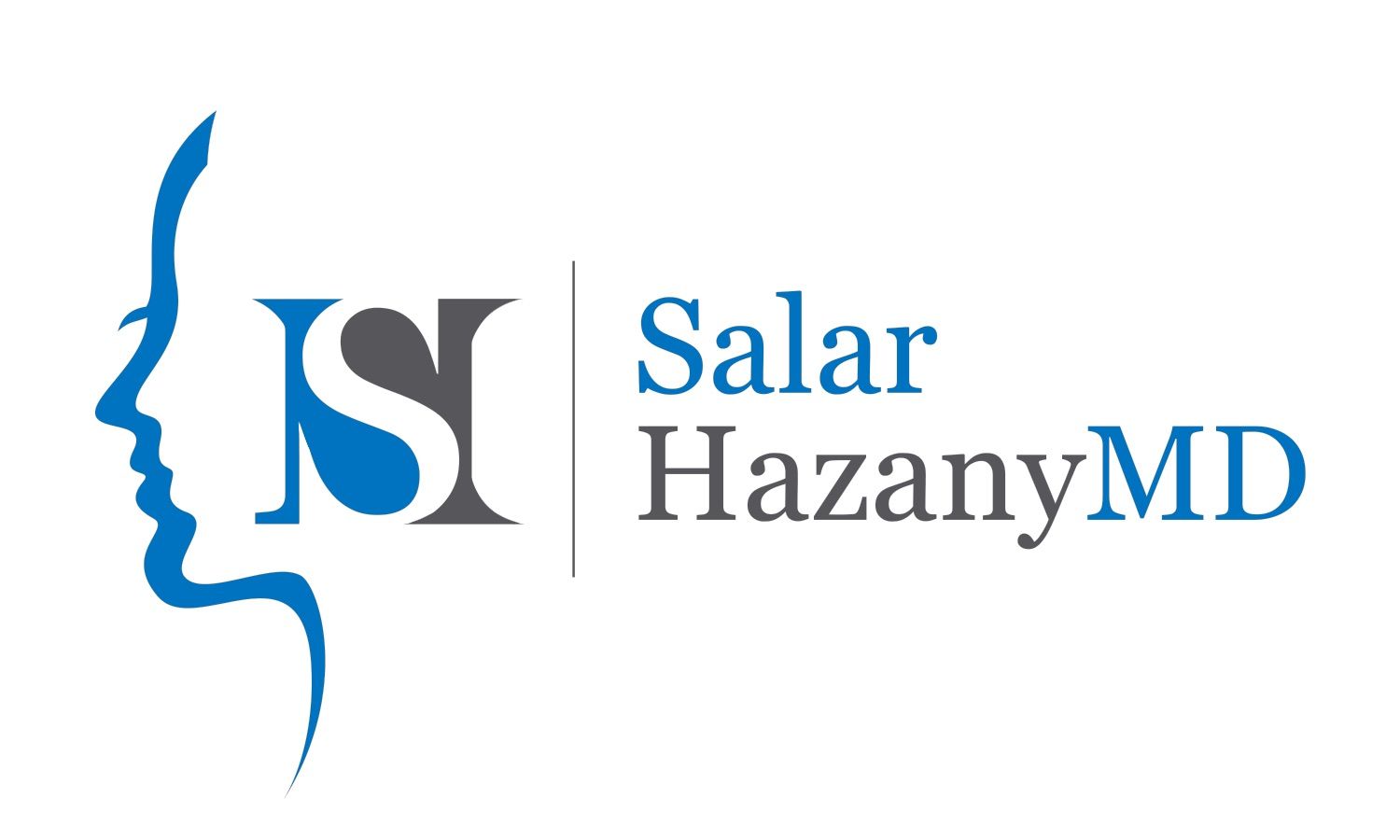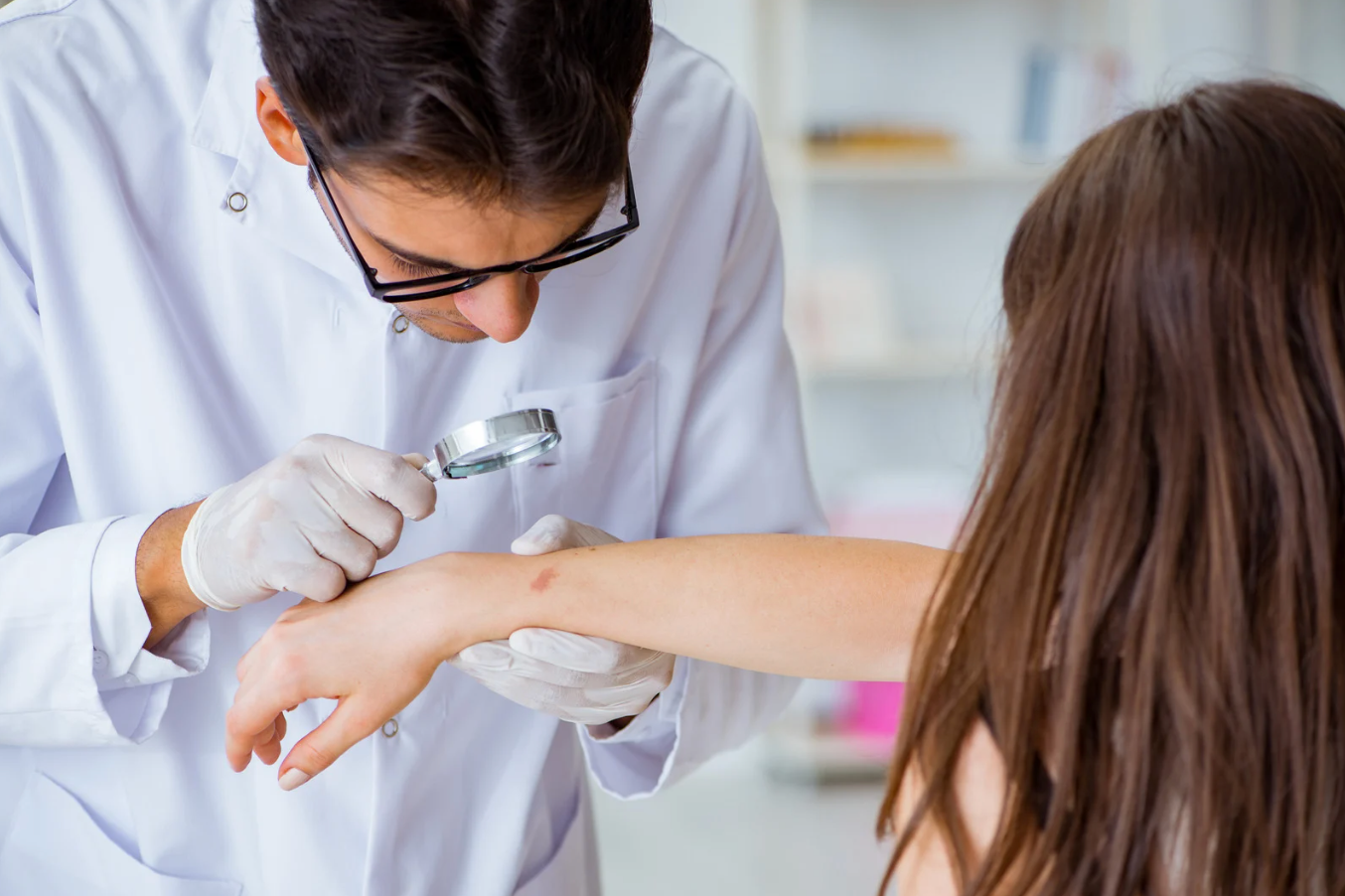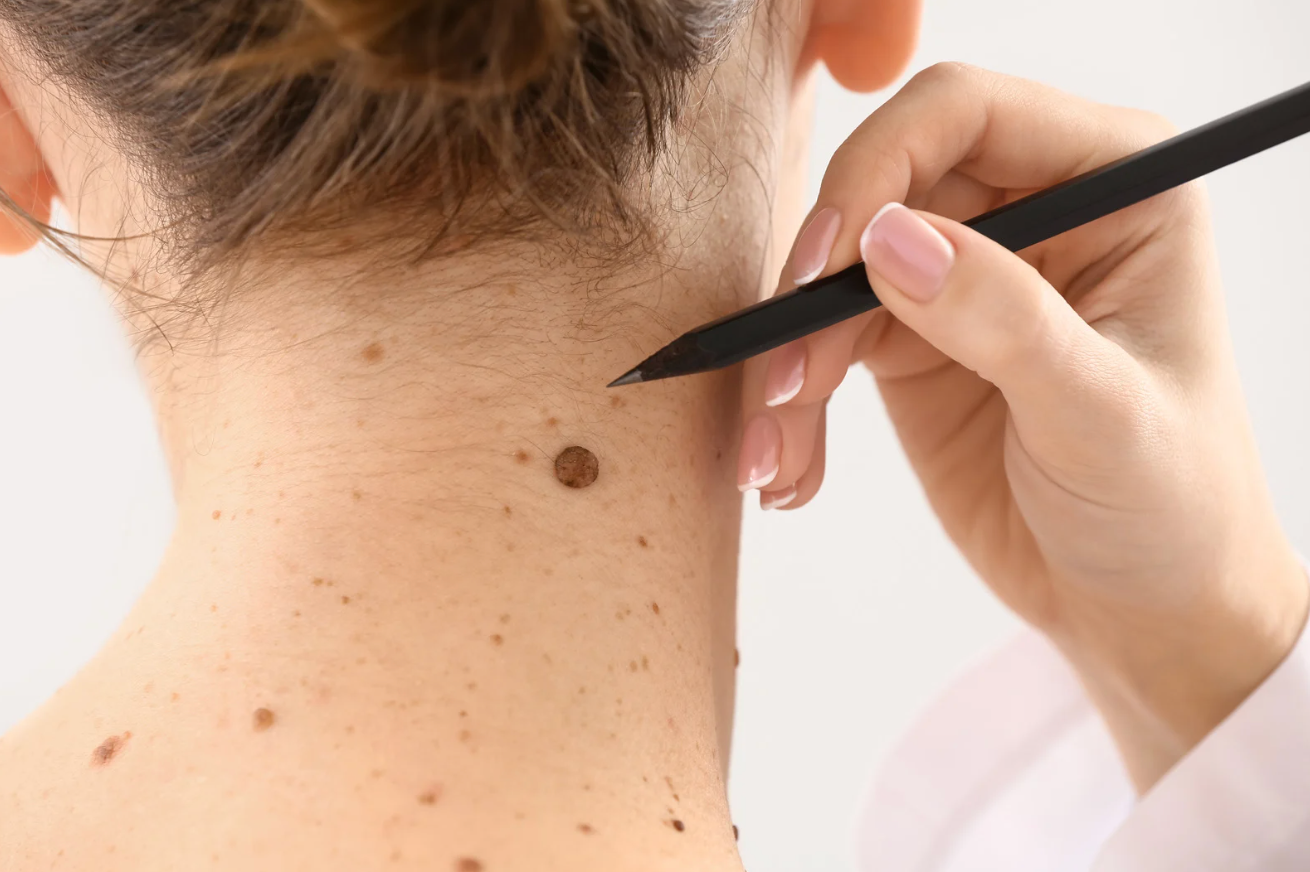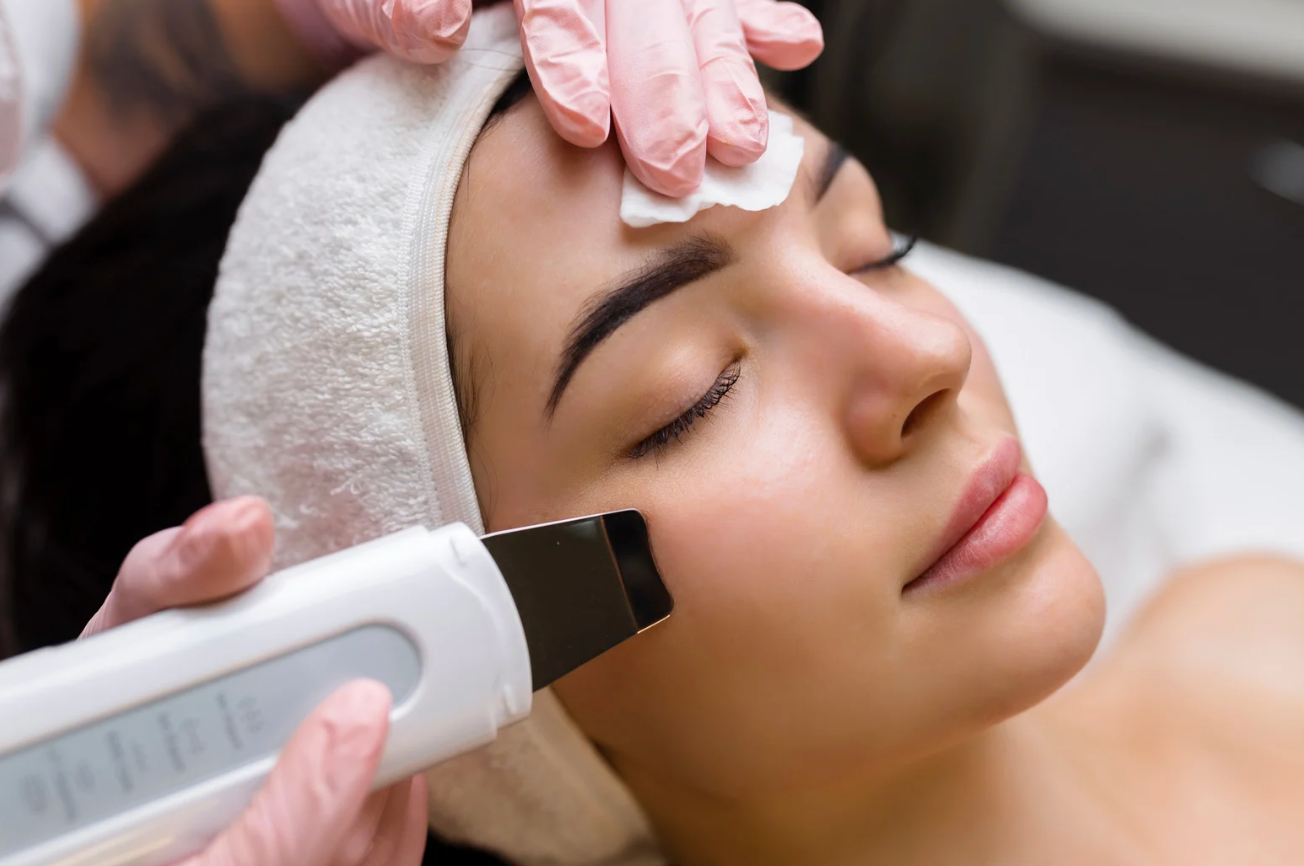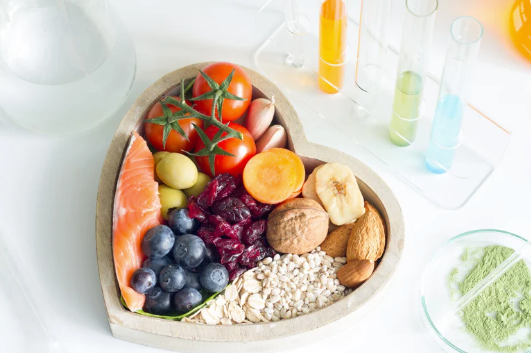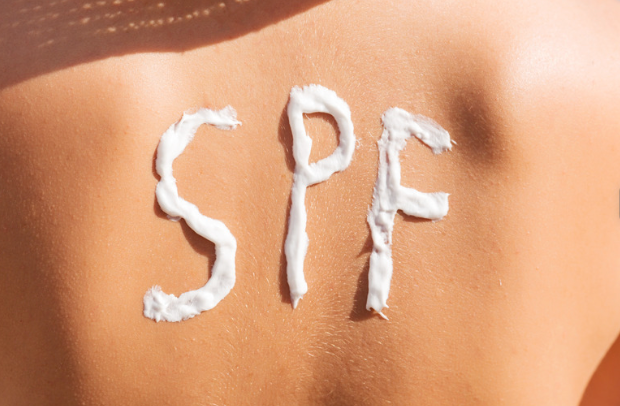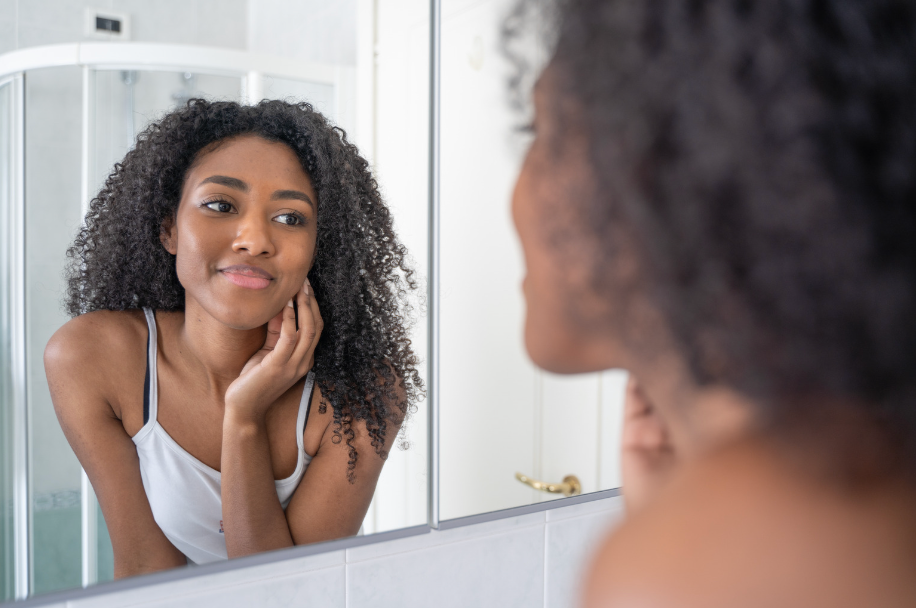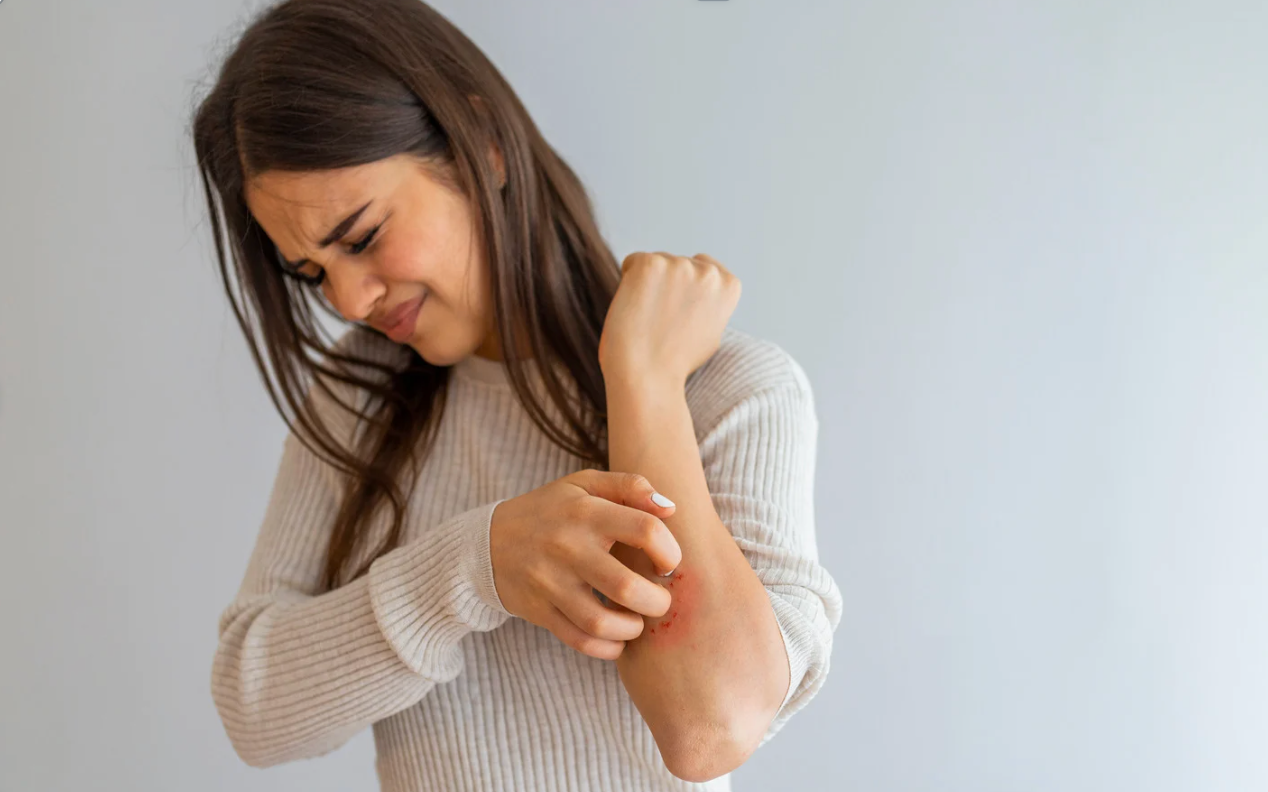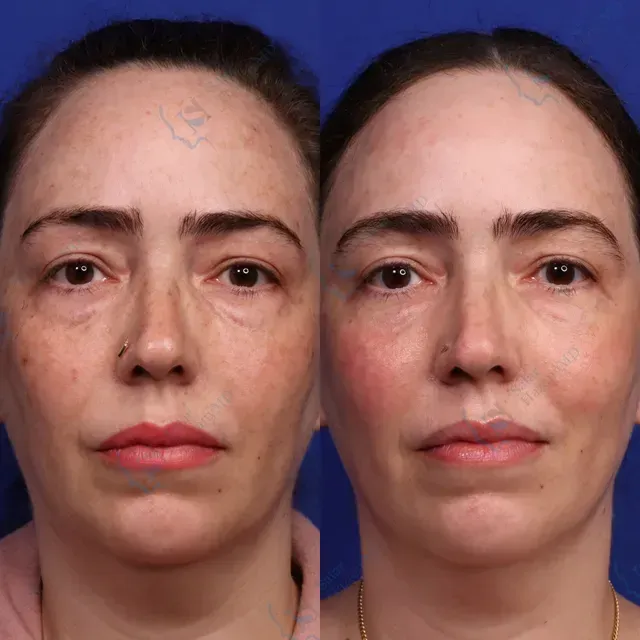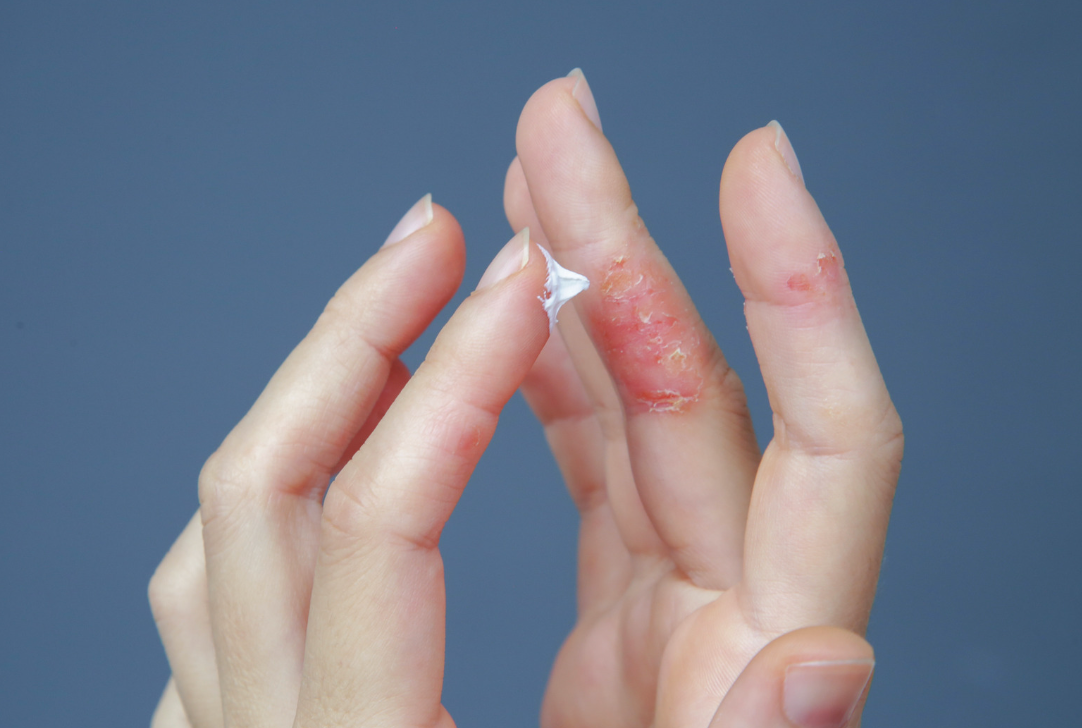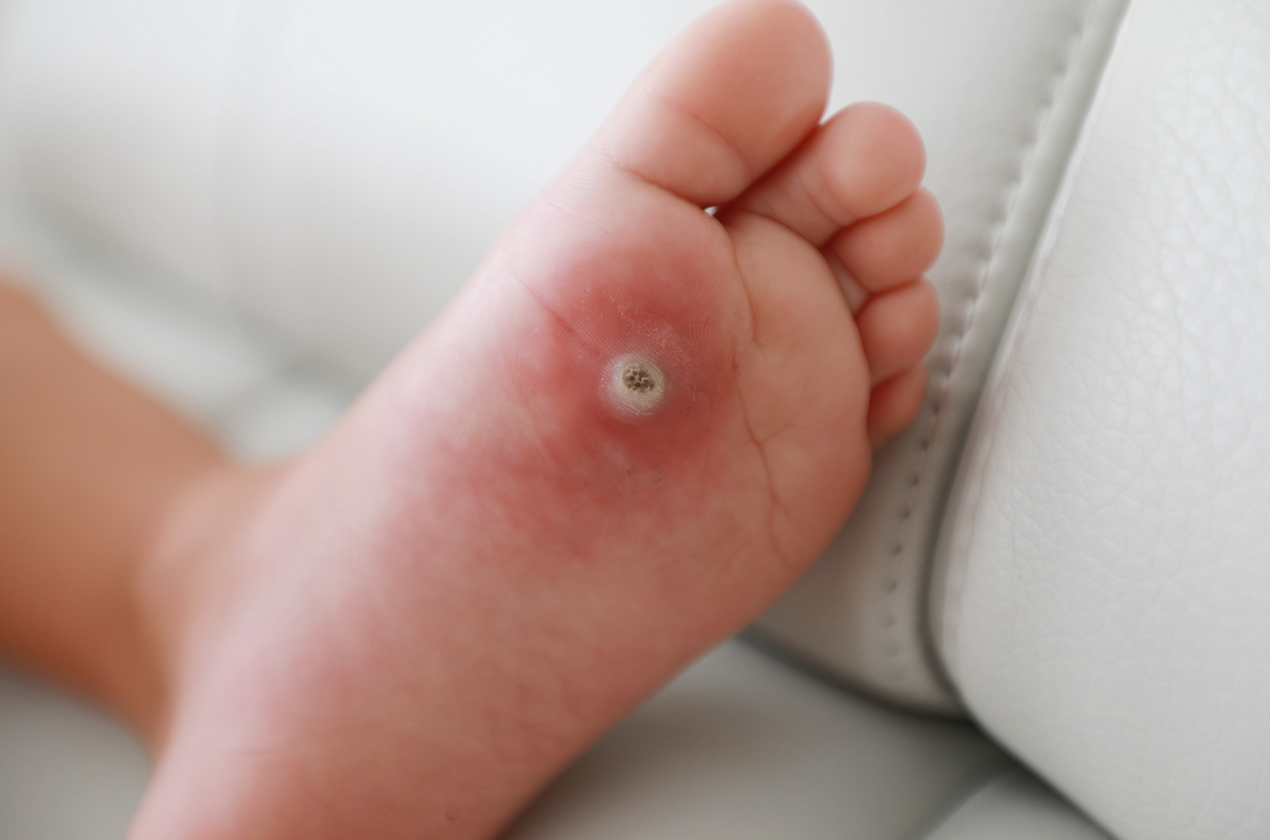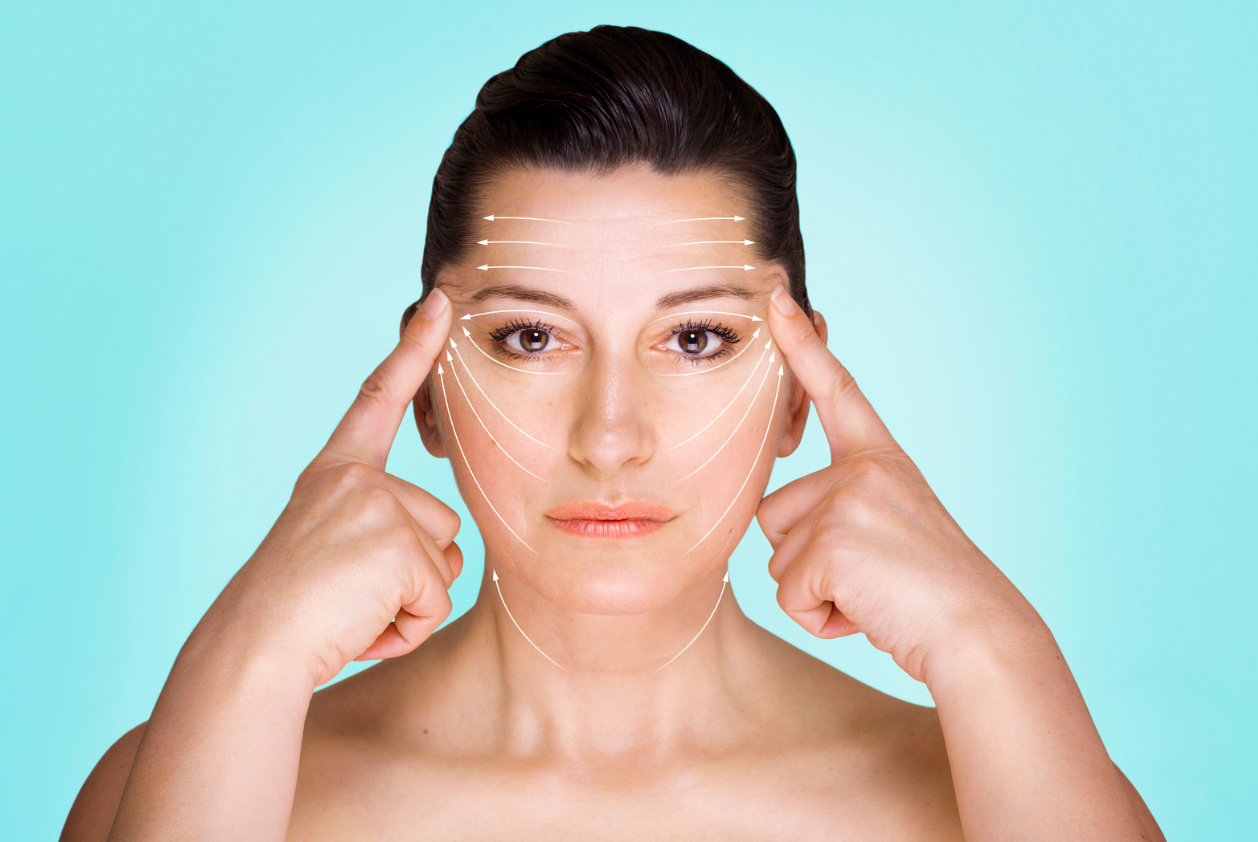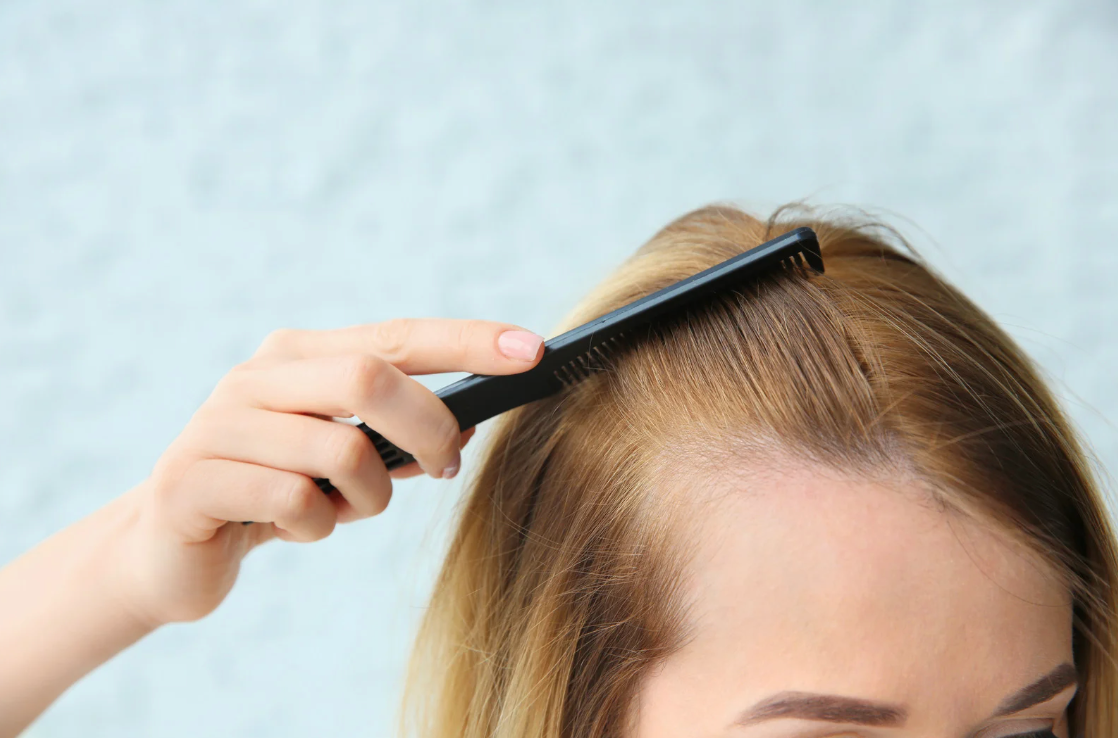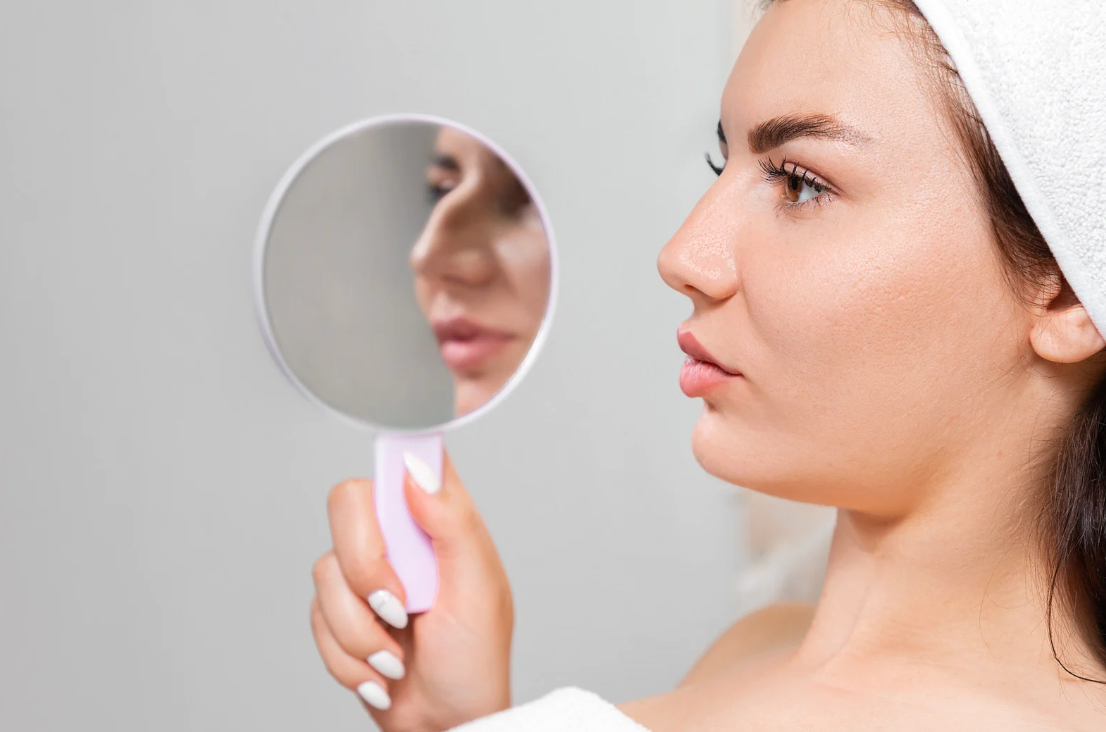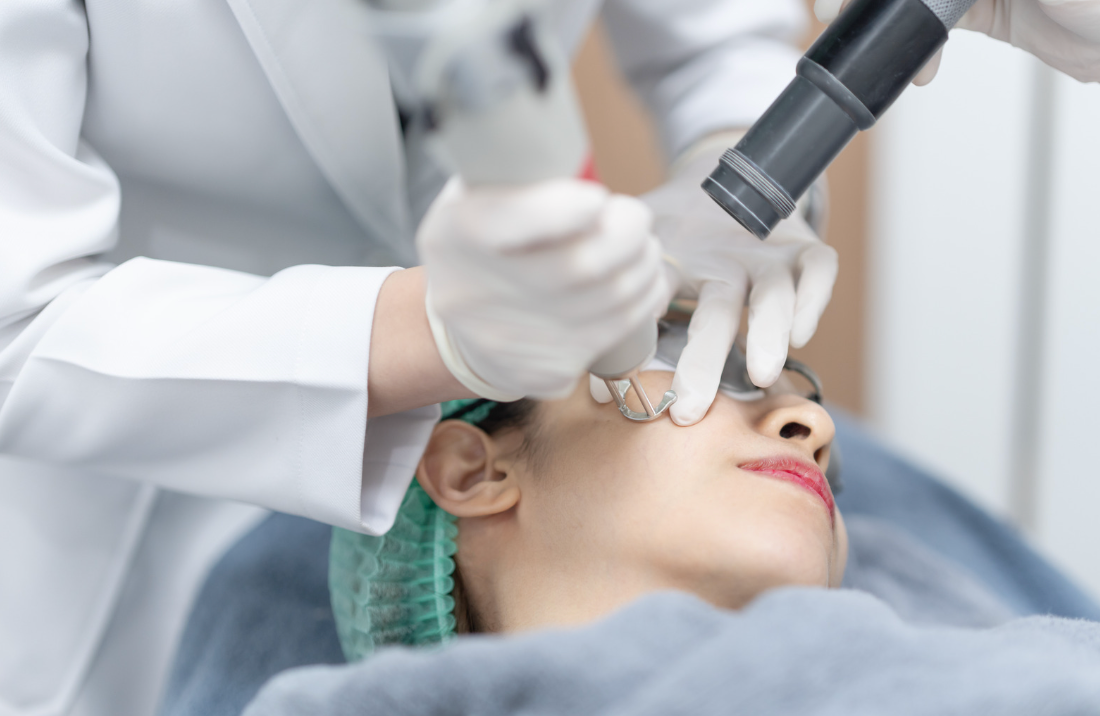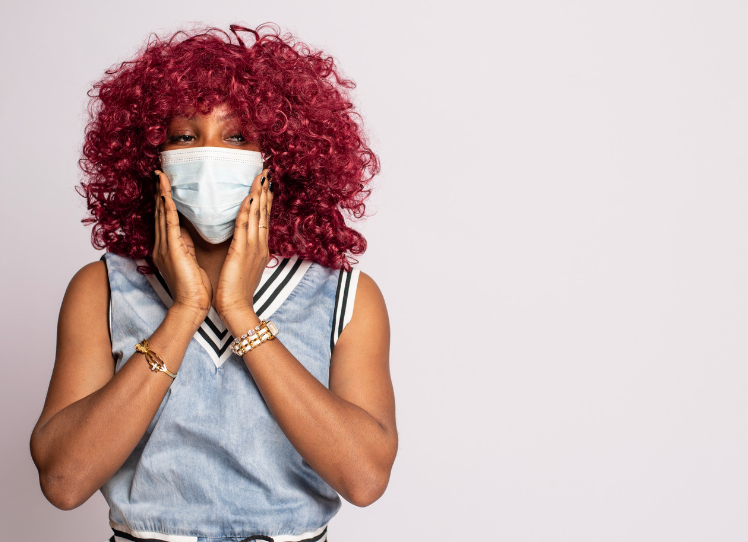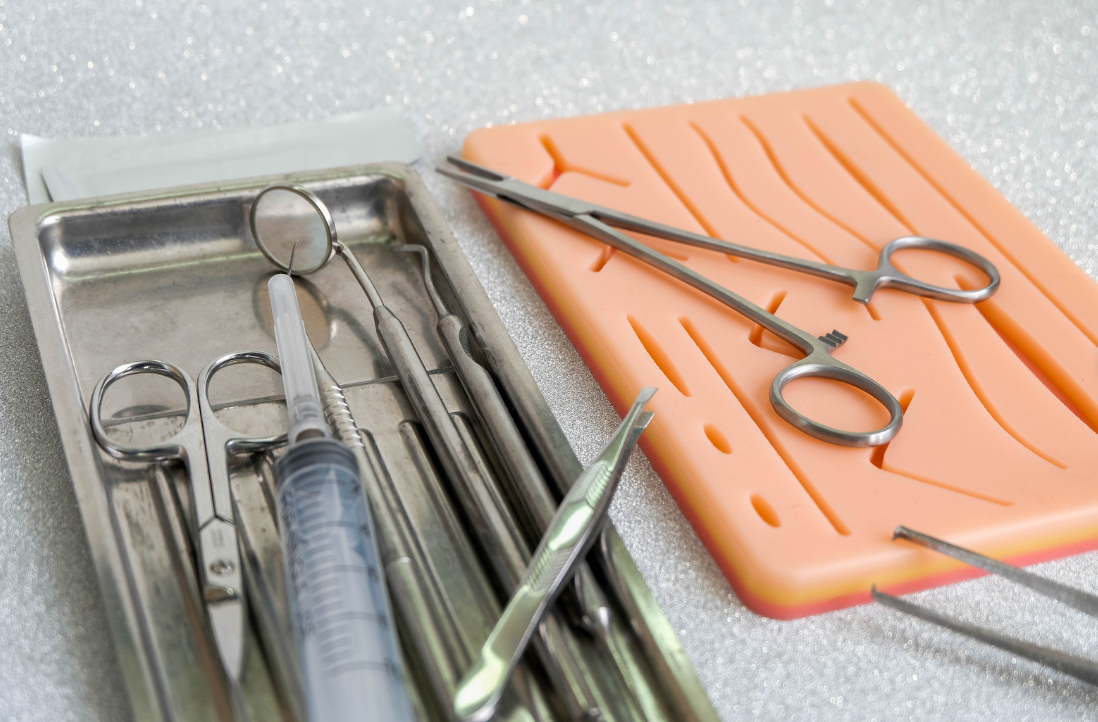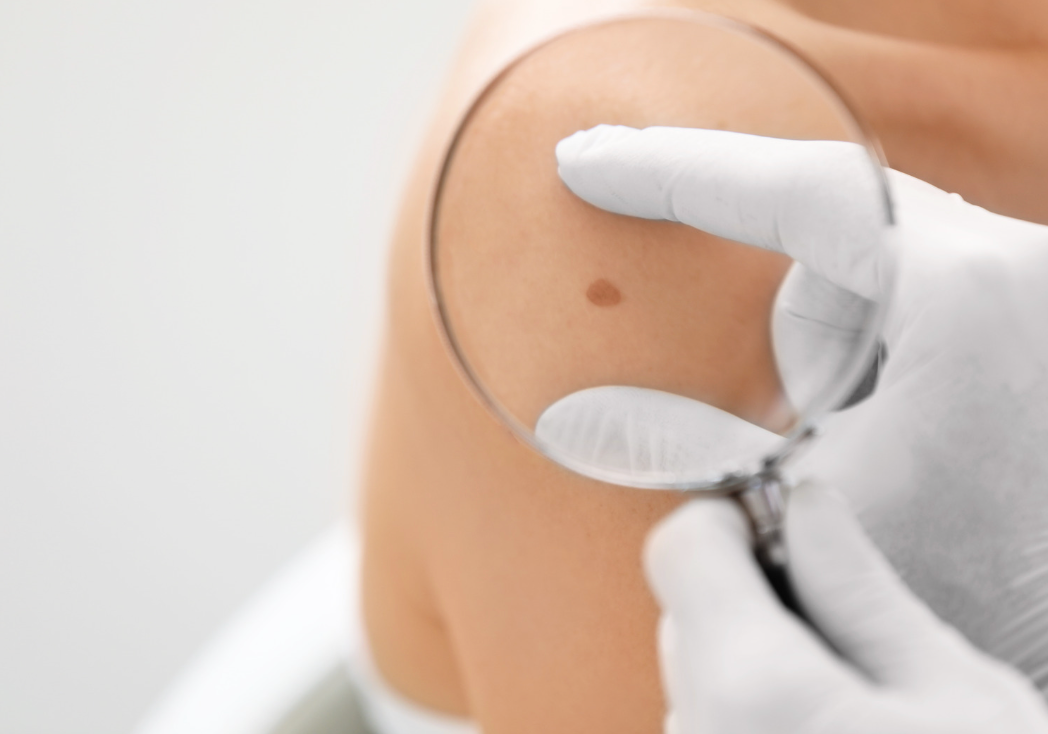Niacinamide: Does It Live Up to the Buzz?
The Skincare Superstar You Need in Your Routine
If you've been following the skincare world recently, you’ve likely heard of niacinamide. This powerful ingredient has been gaining attention for its impressive array of skin benefits, and it’s quickly become a staple in many skincare routines. But what exactly is niacinamide, and why is everyone talking about it? In this post, we’ll break down everything you need to know about niacinamide—what it is, how it works, and whether it lives up to the hype.
What is Niacinamide?
Niacinamide, also known as nicotinamide, is a form of vitamin B3. It’s a water-soluble vitamin that plays a crucial role in maintaining healthy skin. Niacinamide can be found in many skincare products, from serums to moisturizers, and it’s known for its versatility and effectiveness in treating a variety of skin concerns.
So, why is it causing such a buzz? It’s because niacinamide has some impressive benefits that make it a top choice for a wide range of skin types and issues.
The Key Benefits of Niacinamide
- Reduces Inflammation and Redness
Niacinamide is particularly well-regarded for its anti-inflammatory properties. Whether you have rosacea, acne, or other forms of skin irritation, niacinamide can help reduce redness and calm the skin. This makes it ideal for sensitive skin, helping to minimize irritation while soothing any discomfort. - Fights Acne
Niacinamide has been shown to help reduce the appearance of blemishes and acne. It works by regulating oil production and reducing inflammation within the skin, both of which can help prevent breakouts. Additionally, its calming properties can reduce post-inflammatory hyperpigmentation, helping to fade acne scars. - Improves Skin Texture and Smoothness
One of niacinamide’s standout benefits is its ability to improve skin texture. It helps build healthy skin barrier function, which can lead to smoother, softer skin. Over time, it can help reduce the appearance of fine lines and wrinkles, giving skin a more youthful, even-toned appearance. - Brightens Skin Tone
Niacinamide is also known to be an effective treatment for hyperpigmentation and uneven skin tone. It helps reduce the appearance of dark spots, sun damage, and age spots by inhibiting the transfer of melanin to the skin’s surface. The result? Brighter, more even skin that looks glowing and refreshed. - Strengthens the Skin Barrier
The skin’s barrier is essential for protecting it from environmental stressors, pollution, and dehydration. Niacinamide helps to reinforce this barrier, leading to healthier, more resilient skin. A stronger barrier also means less water loss and better overall hydration levels, leaving skin feeling soft and nourished. - Minimizes Pore Appearance
Pore size can be influenced by various factors, including oil production and aging. Niacinamide has been shown to help reduce the appearance of enlarged pores, giving the skin a smoother and more refined look.
How to Incorporate Niacinamide Into Your Skincare Routine
One of the best things about niacinamide is that it’s a gentle ingredient that works well with almost every skin type. Whether you have oily, dry, or sensitive skin, niacinamide can be easily integrated into your routine. Here are a few ways to incorporate niacinamide into your skincare:
- Serums: Niacinamide serums are highly concentrated and offer targeted benefits. Apply a few drops to clean, dry skin before your moisturizer.
- Moisturizers: Many moisturizers contain niacinamide as a key ingredient, making it an easy addition to your routine without having to add an extra product.
- Toners: Niacinamide toners are a great option for those looking to hydrate and balance their skin after cleansing.
- Masks: Look for face masks that feature niacinamide as a star ingredient for a more intensive treatment.
Niacinamide is generally well-tolerated and can be used daily, both morning and night. However, as with any new product, it’s a good idea to patch-test it first to ensure it doesn’t cause irritation.
Does Niacinamide Live Up to the Hype?
Absolutely! Niacinamide is not just a passing trend—it’s a tried-and-true skincare powerhouse. Its multi-functional properties make it suitable for almost everyone, and the evidence supporting its effectiveness continues to grow. Whether you’re dealing with acne, signs of aging, hyperpigmentation, or just want to maintain healthy, balanced skin, niacinamide can be a game-changer.
If you’re looking to streamline your skincare routine without sacrificing effectiveness, niacinamide is definitely an ingredient to consider. It’s affordable, versatile, and proven to deliver real results over time.
Conclusion
Niacinamide is definitely living up to the buzz! This powerhouse ingredient offers a wide range of benefits that can improve the overall health and appearance of your skin. From reducing redness and acne to improving texture and evening out your skin tone, niacinamide is a must-have for anyone looking to achieve smoother, healthier skin.
So, if you haven’t yet added niacinamide to your routine, it might be time to give it a try and see how it can transform your skin!

